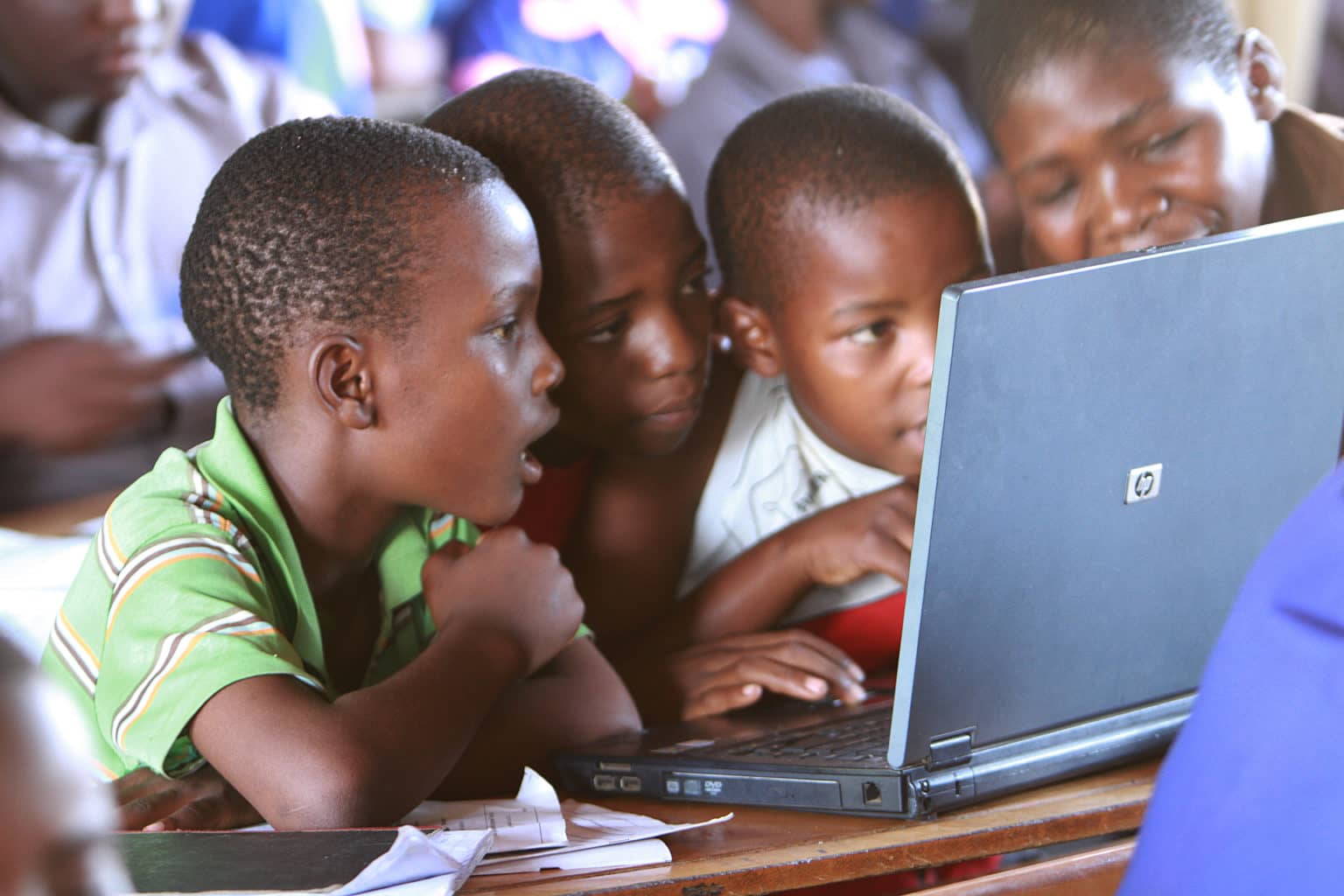Opinion: Importance of ICT in Ghana’s Education System

It is said that the future of every country depends on its youth and that education is the key to success. If these two (2) factors are what will cause a country to move forward, then what can be done to merge these two in order to make Ghana the best in Africa?
For several years, the attention has shifted from ICT to TVET (Technical/Vocational Education and Training) in Ghana. Most people in high places are of the view that giving more attention to TVET is the way forward for Ghana but in this technology age, this is highly debatable.
Looking at some of the biggest and most advanced countries in the world, you will realize that most of them have focused more attention on ICT instead of TVET. Of course, TVET was the way forward some few years ago, but now most of the jobs that people with TVET skills were doing can now be done by people with ICT and little or no TVET background.
For example, some decades ago, car assembling plants were operated mainly by humans and little computers. During this period, people were TVET skills were the ones who were controlling the market. Fast forward to 2022, with the introduction of Artificial Intelligence and other technological advancements, you will agree with me that most companies are now looking for people with ICT backgrounds than TVET.
This argument in no way considers TVET as unimportant, but on the scale of preference ICT comes before TVET and that is a fact. This opinion guide is going to discuss some of the importance of ICT in Ghana’s education system.
What is ICT?
Before I delve deep into the nitty-gritty of this whole discussion, I think is essential for us to explain what ICT is in the first place. ICT is an abbreviation for Information and Communication Technology.
Generally, there is no specific definition for ICT but it can be defined as “all the devices, networking components, applications, and systems that combined allow people and organizations (i.e., businesses, non-profit agencies, governments, and other enterprises to interact in the digital world.” – Tech Target
Mostly, ICT is used interchangeably with IT (Information Technology) but there is a clear distinction between the two. IT is a sub-component of ICT whereas ICT is the broad umbrella that covers other subcomponents.
What Are The Components Of ICT?
The field of ICT is a fast-growing space and as such, develops as time progresses. This makes it a bit difficult to list all its components since it keeps growing day in and day out. But basically, the main components of ICT are Software, Cloud Computing, Internet Access, Data, Communications Technology, Transactions, and Hardware.
Software
The software component of ICT involves all the applications and intangible components of the computer system. It is generally classified as applications software and system software. Application software includes all the application programmes you could think of like WhatsApp, Facebook, etc. while system software includes the software that enables a computer system to operate like Android, iOS, Windows, etc.
Hardware
What are you using to read this article right now? Yes, your answer is an example of a hardware device. Hardware is simply defined as the physical and tangible components of a computer. For example, mobile phone, laptop, mouse, tablet, monitor, televisions, and every other tangible computer device you can think of.
Data
Data is usually defined as an unprocessed fact or figure. But this is for people who are now entering the ICT industry. Once you gain much insight, you will find out that almost everything in this world is data. It is the same data that enables the customs officers at the airport to verify that indeed you are the bearer of the passport since your data is stored.
Importance of ICT in Ghana’s Education System
According to Swarts (2006), ICTs can be powerful, essential tools for learning: understanding, interpreting and communicating about the real world OR they can be black holes into which we pour our money”. Literally, what this means is that although investing in ICT is a good thing, it could possibly be an avenue for spending money without any good result.
Yeah, this is true, investing in ICT can be costly and in the early stages can be a bit complicated especially for a country like Ghana where there are several schools in the remote areas. But if we look at it from that angle, then we are not going to invest in anything at all.
When making an investment for a country, the main goal should be the end results and not the early stages. Obviously, everything in this world is difficult but is not a reason not to do anything. As a child, learning how to walk for difficult but you pulled through and your parents were encouraging you because they were seeing into the future. That’s why now walking is easy for you.
Ghana gained independence several years ago together with some other countries like Malaysia and Singapore but when you compare the education systems in these countries you will realize that Ghana is lagging behind.
The COVID-19 pandemic was a wake-up call for the Ghana Education system and the introduction of ICT. As students in other countries were enjoying a smooth transition to the virtual classrooms, students in Ghana were sitting at home doing nothing.
According to the United Nations Educational, Scientific and Cultural Organization (UNESCO) when ICT is effectively invested into the education system in Ghana, it can:
- Provide multiple avenues for professional development of both pre-service and in-service teachers, especially through distance education;
- Facilitate improved teaching and learning processes;
- Widen the traditional sources of information and knowledge;
- Reach student population outside traditional education system;
- Increase opportunities for more student-centered pedagogical approaches;
- Promote inclusive education by addressing inequalities in gender, language, disability;
- Provide for flexibility of delivery, etc.
To add to this, ICT education is more of skill-based learning than traditional learning courses. This way, open completion of school students will have a skill that they can look to find a job in today’s digital world rather than add to the list of employed graduates.
What’s The Way Forward
Ghana gained independence over 60 years ago and still, it is lacking some of the basic developments it deserves. Every time we talk about developments in Ghana, the attention is centered on the fact that we have no money, but instead of looking for sustainable ways to generate the money here, we are always consulting to borrow.
ICT is the reason why some of the biggest countries in the world are what they are today. Ghana can also become big if only we are willing to invest at the right places. There are several consultants available to help Ghana improve its ICT education.
Government can partner with these consultants and agencies to make this happen. If we are able to do this, Ghana will be ranked among the top countries in the next 10 to 20 years.
